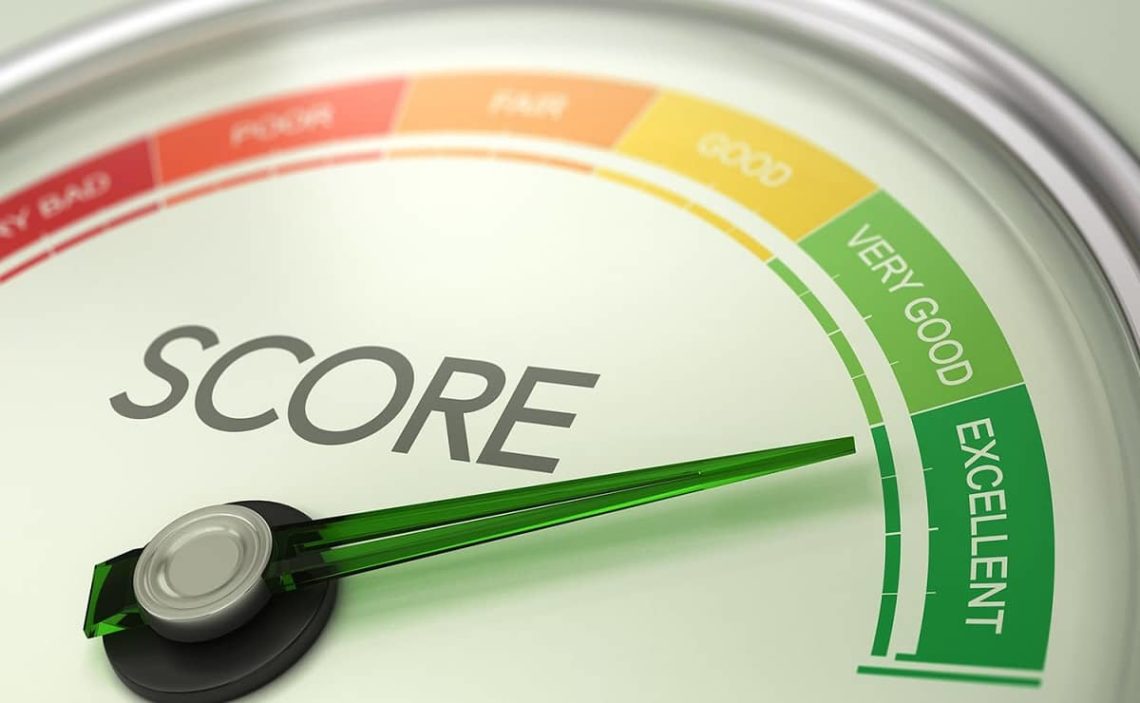Worrying about your credit history is normal when you need to acquire a financial product, whether it’s to move, a loan to pay off debts, or to buy a vehicle. In any case, lenders will evaluate your credit score.
Although it is advisable to take care of it from the beginning to maintain a good score, if you have not checked it for a long time and it is not the best result, you should start implementing some methods to improve it within six months.
How to get a 720 credit score in 6 months?
The 720 credit score is not perfect, but it is above average and can help you get good benefits. With this score, you can get approved for credit and loans immediately and access lower interest rates.
Can significantly improve loan terms to offer greater benefits with fewer conditions. To achieve a score of 720 in 6 months, you should follow some guidelines.
Review your credit reports and credit scores
You need to know where your credit stands to start improving your score; to do this, you need to request your credit reports from the three major credit bureaus; at the same time, you can check your score.
This data will benefit you in two ways; you will discover the problem that generates a low credit score; to begin to treat it, we recommend you to make a list of the negative elements that cause problems in your history.
You will find overdue balances, collection accounts, and credit cards exceeding your limit. If your credit reports have codes, you will see some details of the situation that generates issues, and you can start to improve it.
The other advantage of doing this is that you will find errors on your credit report; you may have incorrect information or debts that do not correspond to you. When these difficulties exist, you can request correction of the errors, increasing your score.
Try to reduce your credit utilization ratio
Credit utilization is the ratio of your credit card limits to your credit card balances. For example, if your credit card has a limit of $1,000 and a credit card balance of $750 on your credit report, this would indicate that your credit utilization rate is 75%.
When you start reducing this rate, your score improves; to reduce it, you should pay off all your credit card debt; this helps you save money on interest. The best thing to do is to start using your credit cards only when it is totally necessary.
Always pay your debts on time
Payment history is one of the most important factors in determining your credit score; whether you want to maintain your score or increase it, you need to avoid late payments.
When you fall behind on payments, your creditor informs the credit bureaus or the credit bureau. Late on a personal loan, installment loan, or credit-related purchases will appear on your credit report for up to seven years.
To avoid this situation, we recommend that you make automatic payments. Almost all credit bureaus and banks can automate the process through their websites. If you pay on time or in advance, you can add up to 100 points to your credit score.
The accounts you add, make sure they are positive
Adding a commercial line of credit to your credit report can benefit your credit score, so be careful about the financing you apply for and ensure they meet certain parameters.
Look for financing where the creditor reports your financial situation to all three credit reporting agencies; make a good mix of revolving and installment account credit on your report, and use your new accounts responsibly by paying debts on time and lowering your credit card utilization rate.
Become an authorized user
If you don’t have a strong credit history and a family member or friend has a credit card account with a high limit and a history of paying on time, a good solution is to become an authorized user.
That way, you add the account to your credit report and increase your score. Of course, you must keep up with payments and be careful not to exceed the limit.
María Laura Landino is a journalist who graduated from Boston University with more than four years of experience in the financial sector. He has been responsible for several research papers published by major universities.
Content Manager of allaboutgroup company. You will find me in job and Finance sections.


